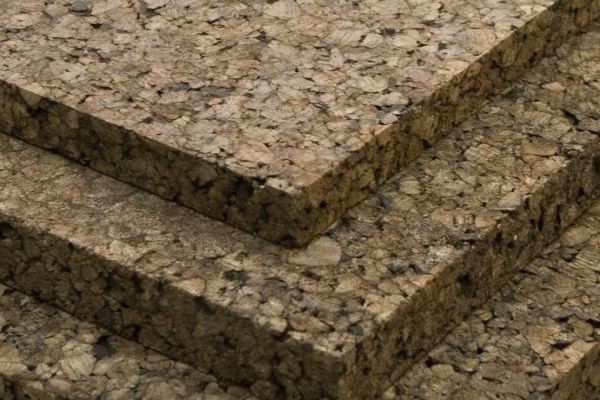The long-term outlook for the cork board insulation market is shaped by an evolving global emphasis on sustainable building practices, stringent energy efficiency mandates, and shifting consumer preferences toward eco-friendly materials. Over the next decade, cork insulation is projected to gain wider acceptance as both developed and emerging markets pursue greener construction solutions.
One of the central drivers of the long-term outlook is the growing importance of sustainability in construction. Governments worldwide are tightening regulations on energy use and emissions, which directly boosts demand for natural, renewable, and recyclable materials. Cork, being biodegradable and harvested without harming cork oak trees, aligns perfectly with these policies. Its renewable nature ensures a steady supply chain that enhances its long-term market appeal.
The demand for energy-efficient buildings is another major factor influencing the future trajectory. As energy costs rise and environmental concerns deepen, developers and homeowners are expected to prioritize insulation materials that offer both thermal efficiency and durability. Cork insulation reduces heating and cooling requirements, contributing to lower energy bills and carbon footprints, making it a long-term investment for sustainable living.
Technological integration is set to further strengthen the market’s prospects. The expansion of prefabricated construction, smart housing, and modular building techniques creates opportunities for cork insulation panels to be seamlessly integrated into architectural designs. Digital platforms such as Building Information Modeling (BIM) will enhance the visibility and usability of cork products in long-term construction projects.
From a regional perspective, Europe will remain a dominant market, supported by environmental regulations and established cork production networks. North America is expected to see accelerated growth due to rising demand for green-certified buildings, while Asia-Pacific’s rapid urbanization and sustainability initiatives are likely to unlock significant long-term opportunities.
However, the outlook is not without challenges. High upfront costs compared to traditional insulation materials and limited awareness in emerging economies may slow adoption. Nevertheless, as global construction industries shift toward low-carbon and eco-friendly practices, cork insulation’s advantages in durability, health safety, and environmental responsibility position it strongly for long-term success.
Looking forward, cork board insulation is likely to transition from being a niche eco-friendly product to a mainstream construction material. Its unique combination of performance, renewability, and adaptability ensures it will remain central to future building innovations and sustainable design strategies.

